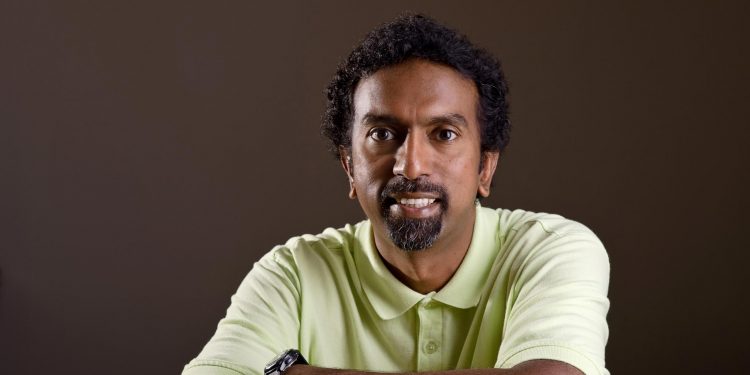Melvin Durai
There are many problems in the world, but many of us don’t try hard enough to solve them. Thankfully, we have conscientious people like Bengali actor Prosenjit Chatterjee who give it their best effort.
Chatterjee recently shared one of his concerns in a note on Twitter, addressing it to Prime Minister Narendra Modi and West Bengal Chief Minister Mamata Banerjee. “On 3rd November, I placed an order on food delivery app Swiggy. After some time the status of the order changed to delivered but I never received the food.”
Since the order was prepaid, Swiggy refunded his money. But Chatterjee still wanted to draw attention to this important issue. “What if someone relies on a food app to get food delivered for their guests and the food never arrives?” he wrote. “What if someone is depending on these food apps for their dinner? Will they stay
hungry?”
He is right to be concerned. With a single tweet, he may have saved millions of people from food-app hunger (FAH). FAH is a growing problem in the world and Chatterjee deserves credit for trying to solve it. If you agree with me, please go online and sign the petition I’ve started for Chatterjee to be nominated for the 2022 World Food Prize.
The prize is presented to an individual who makes a significant impact on the “quantity, quality, availability of, or access to food for a large number of people.” Chatterjee, who has more than one million followers on Twitter, may have made a difference in two major ways:
(1) He has warned people not to order meals through food delivery apps when they are in dire circumstances. Indeed, if you are starving, do not use a food delivery app—call one of your relatives!
(2) He has informed the food delivery apps that they are needlessly contributing to world hunger—and if they don’t improve, Modi and Banerjee will come after them.
In my estimation, at least 100 people are put at risk of starvation every year because of the food delivery apps. How do I know this? I’ve seen some of the messages on social media, messages such as this: “Where is my food? I’m dying of hunger!”
Granted, hundreds of men send similar messages to their wives every evening. And sometimes wives send these messages to husbands. But at least spouses are fairly reliable in getting food to the table. And if they don’t deliver, you can head to the kitchen and threaten them with a food delivery app.
Husband: “If I don’t get my dinner in five minutes, I’m going to order something better through Zomato.”
Wife: “If you do that, I’m going to order something better through Second Shaadi.”
Chatterjee’s decision to raise his concern to Modi and Banerjee may seem excessive, but it shows how dependent many people are on delivery services.
“I want people in the service industry to be more responsible,” Chatterjee told Calcutta Times. “These days, we are all dependent on all kinds of apps and I personally use them and appreciate it. But people who are serving food or medicines through apps should be even more responsible. If a medicine doesn’t get delivered on time, it can be fatal for someone.”
Indeed, this should be a major concern for delivery people. When they knock on doors or ring doorbells and get no answer, they shouldn’t just leave the food or medicine at the door. They should make sure that the customer is still alive.
Food delivery person: “Sir, are you alive?”
Customer: “Barely. Are you the ambulance driver?”
Delivery person: “No, I’m here with your pizza.”
Customer: “Pizza? I don’t remember ordering pizza.”
Delivery person: “It was in 2019, sir. We are a little late on our deliveries.”
Customer: “A little late? You are two years late!”
Delivery person: “Don’t be angry, sir. At least we made it while you are still alive.”







































